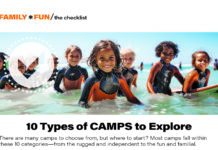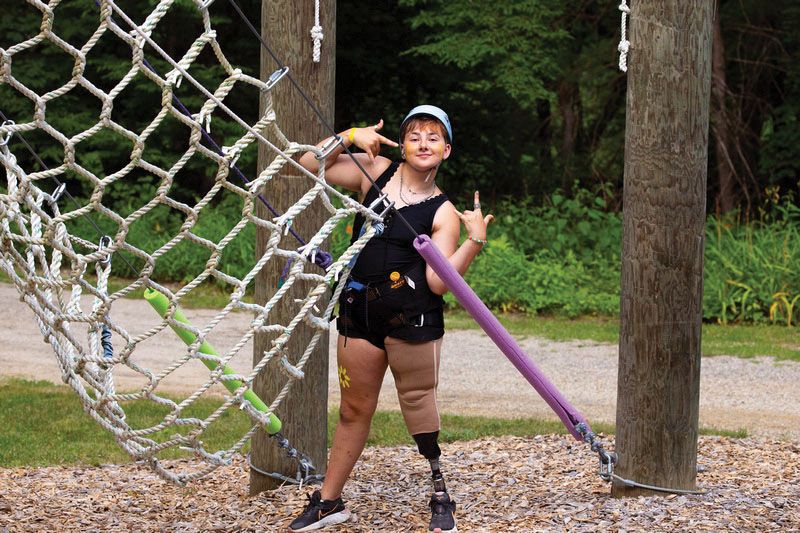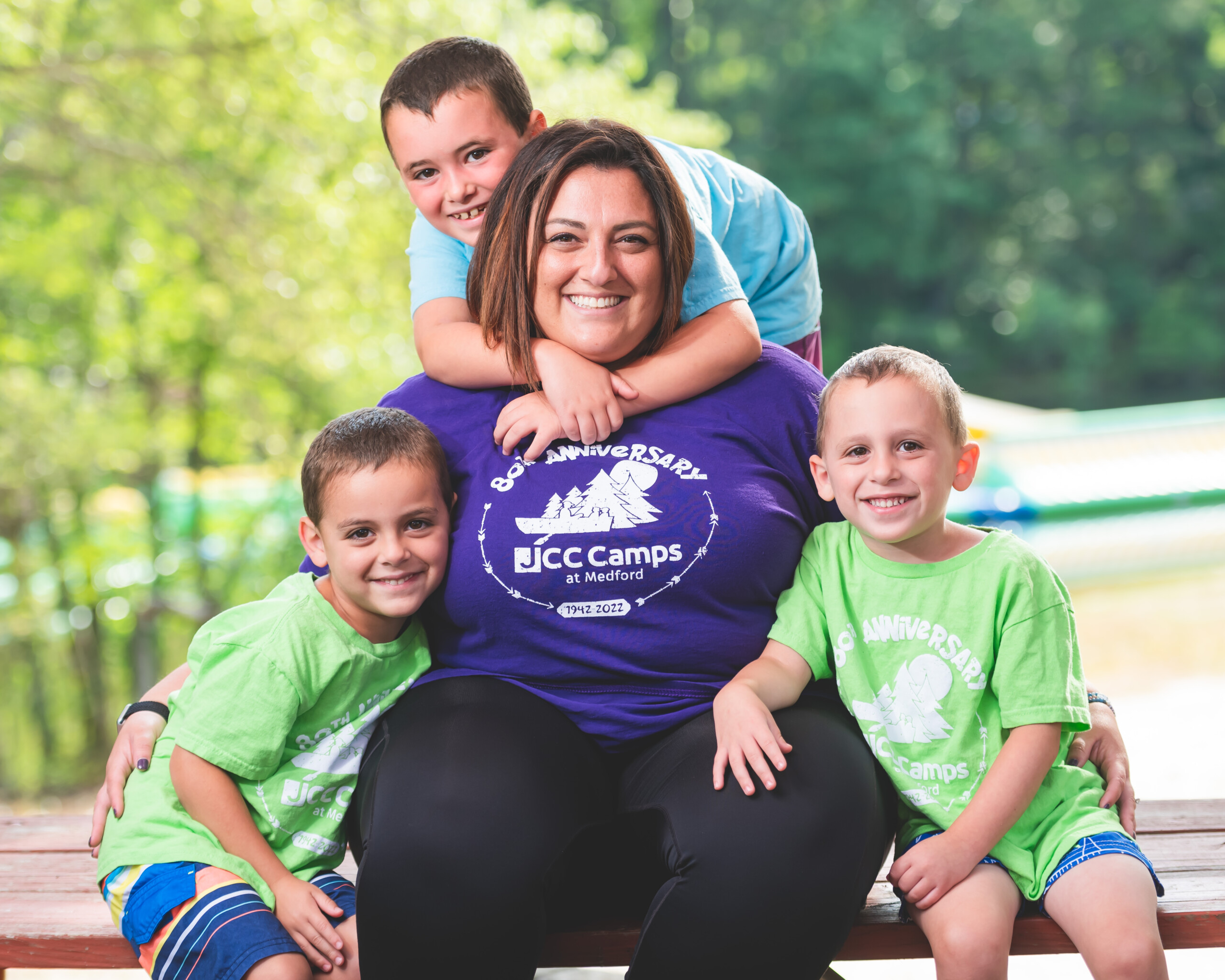As summer approaches, working parents of young children must decide whether to keep children at their preschool or day care, or instead, consider a day camp program for the summer months.
Like day care, most day camps now offer early drop off and late pick up. At Liberty Lake Day Camp in Bordentown, NJ, director Andy Pritikin says about a third of camp families take advantage of flexible schedules, including late buses that take kids home closer to 6pm.
So is there really a difference between day care and day camp? Even directors of schools that offer their own summer day camp programs say “yes” — camp is a different and worthwhile experience for every child.
What are the differences?
Breezy Point Day Camp and School in Langhorne, PA runs a private preschool and child care program from September through June. For summer, director Gale Wiik converts the classrooms to changing area “bunks” for a day camp that offers a range of outdoor activities that are not part of the school-year curriculum, including daily swimming lessons.
“At day camp, being outside most of each day gives children a sense that they are connected to our planet and other living things. They have nature as their constant companion as they hike from one activity to the other. Nature can be new each day,” says Wiik.
Campers enjoy boating and fishing on Camp Anglewood’s private lake in Elkins Park, PA, plus swimming, sports and traditional games like “capture the flag” on the camp’s wooded grounds, says director Joyce Hill.
“A typical day care program does not have the facilities that day camps have, or activities like swimming, drama or ropes courses that provide opportunities for kids to be pushed, in a positive way, to do things they may not have tried or know they can do — things that help kids build self-esteem,” says Jeremy Weiser, director of Camp JCC at the Siegel JCC in Wilmington, DE.
|
|
The staff factor
Along with running a safe facility, camp directors know that staff selection and training is the most important part of a good day camp program. Michael Chauveau, executive director of the American Camp Association’s Keystone Regional office, says ACA-accredited camps must meet about 30 standards for best practices in hiring and staff development.
Pritikin first focuses on finding counselors who want to work with young children and have the “acute sensitivities” needed for working with children as young as those entering pre-kindergarten. “A key difference is that day camp has no nap time,” he notes.
“Being outside for the camp day requires more enthusiasm and energy than a school day, so we look for counselors who are really committed and who were campers themselves, so they know what kids want to do at camp,” says Weiser.
Wiik hires counselors who are teachers or individuals experienced in a special field, such as boating, dance, or nature. “Camp is more playful than school or child care,” she says. “Our counselors become more of a friend and confidante than a teacher.”
At Camp Anglewood, “our youngest group includes 4-year- olds, which is a great age to start a full-day camp program in preparation for PreK or kindergarten schedules,” says Hill. “When children start that young, it helps build their confidence and responsibility while allowing them to start spending a day with their peers.”
Preparing kids for camp
Hill encourages parents to prepare children for day camp by bringing them to meet the directors and staff, and by being positive about the experience. “When parents talk about the experience of going to camp or when they drop the kids off for the day, they should help them get excited about the new friends they will meet and the fun they will have at camp,” Hill says.
Parents must be careful not to transfer their own anxieties to their children,” cautions Pritikin. Wiik suggests that families view photos and watch videos on the camp website together, and involve children in the process of getting ready for camp. She says, “When children shop or select their bathing suit and towel and bag and help label them, they take ownership of their things and get excited for their first day at camp.”
“Day camp is a transformative experience in which children learn physical, emotional, social and intellectual skills within a camp community, in an environment that is warm, caring and supportive,” says Pritikin.
Ellen Warren writes for the American Camp Association (ACA) Keystone regional office serving Pennsylvania and Delaware. Learn more at Acacamps.org/keystone and Campparents.org.







